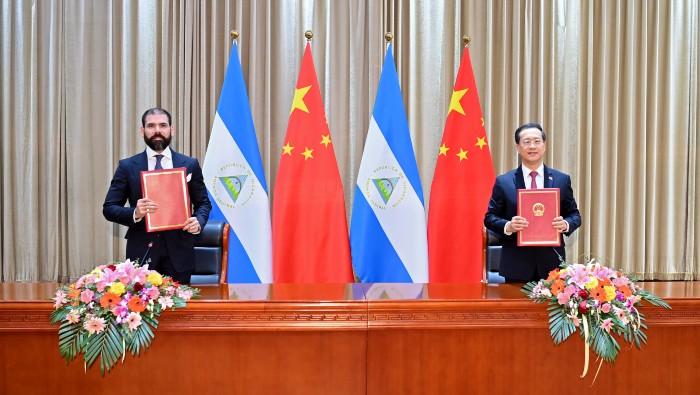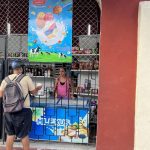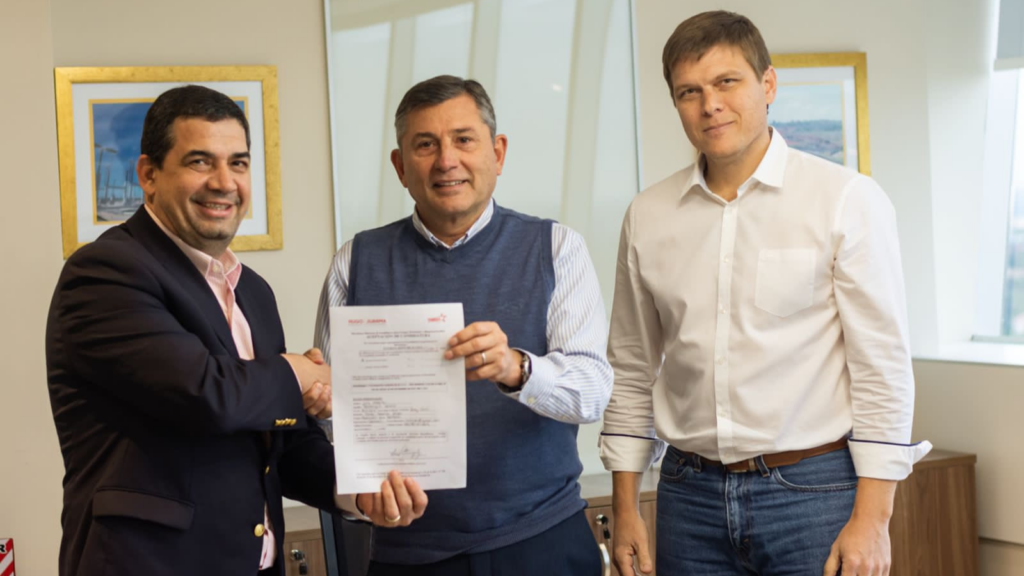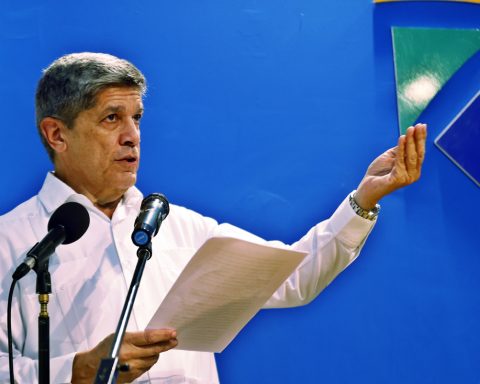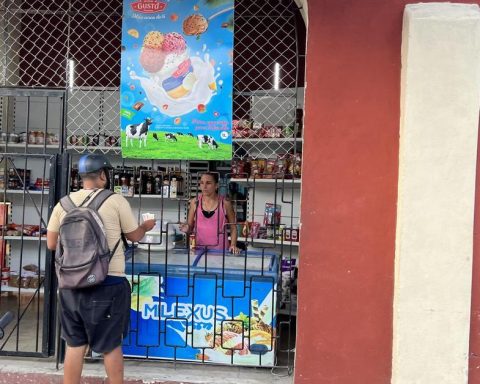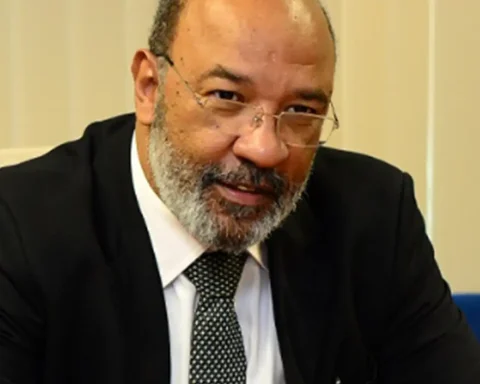The Nicaraguan Minister of Development, Industry and Commerce (Mific), Jesús Bermúdez, reported on Monday that Nicaragua and China already have a legal framework proposal to negotiate a Free Trade Agreement (FTA), which he hopes will be signed no later than in 2023 by President Daniel Ortega.
“Our goal is that the FTA negotiation takes us a year, a year and a half maximum,” said the official, through government media.
The proposal for an FTA initiative between Nicaragua and China is released six months after both nations reestablished their diplomatic relations, after the Government of Daniel Ortega broke with Taiwan.
According to the minister, Nicaragua and China are about to sign an economic agreement called the “Early Harvest Agreement”, which would be the prelude to the FTA, and which could enter into force in the next six months.
“In that Early Harvest Agreement, approximately 90% of everything we exported to Taiwan is covered. The treatment that will be given to all these products is 0% (tariff) in the People’s Republic of China and there is meat, coffee, everything that we exported to Taiwan,” said Bermúdez.
Related news: Nicaragua gives “approval” to the first ambassador appointed by China
At the time of the break with the island, Taiwan was one of the most important bilateral donors in Nicaragua, where it also financed 27 projects in the areas of food production, fruit crops and superior quality pig farming, among others. worth between 30 million and 50 million dollars, according to data from the Nicaraguan government.
Last January, Nicaragua and China signed a memorandum of understanding to establish a “mechanism for political consultations”, a “macro agreement” of mutual support, another on commercial cooperation, and one more to exempt visa holders of diplomatic passports from both countries.
Additionally, China will finance a social interest housing program and grant scholarships to Nicaraguan students, according to official information.
President Ortega restored relations with China after having obtained his fifth re-election and fourth consecutive last November, in elections that were not recognized by a large part of the international community, mainly the United States and the European Union, due to the arrest of those who they presented themselves as the main contenders of the opposition.
Nicaragua has trade agreements with Chile, the United States, Mexico, Panama, and the Dominican Republic, and an association agreement with the European Union, according to official records.
